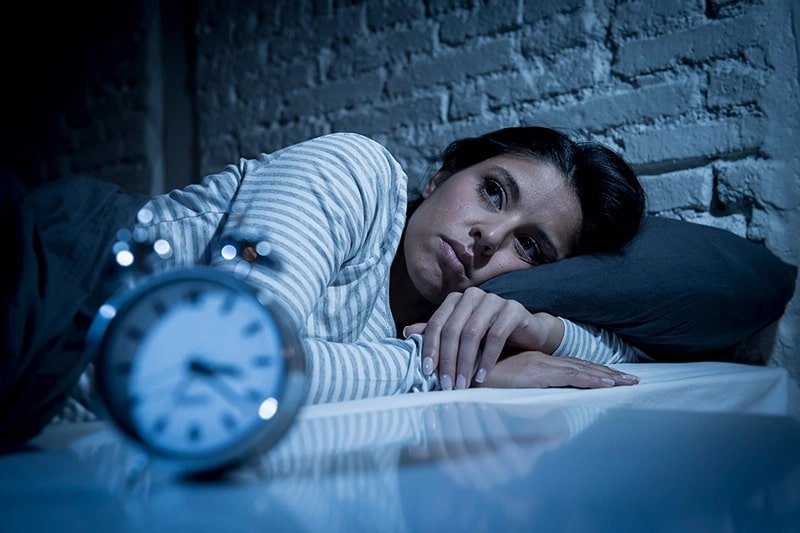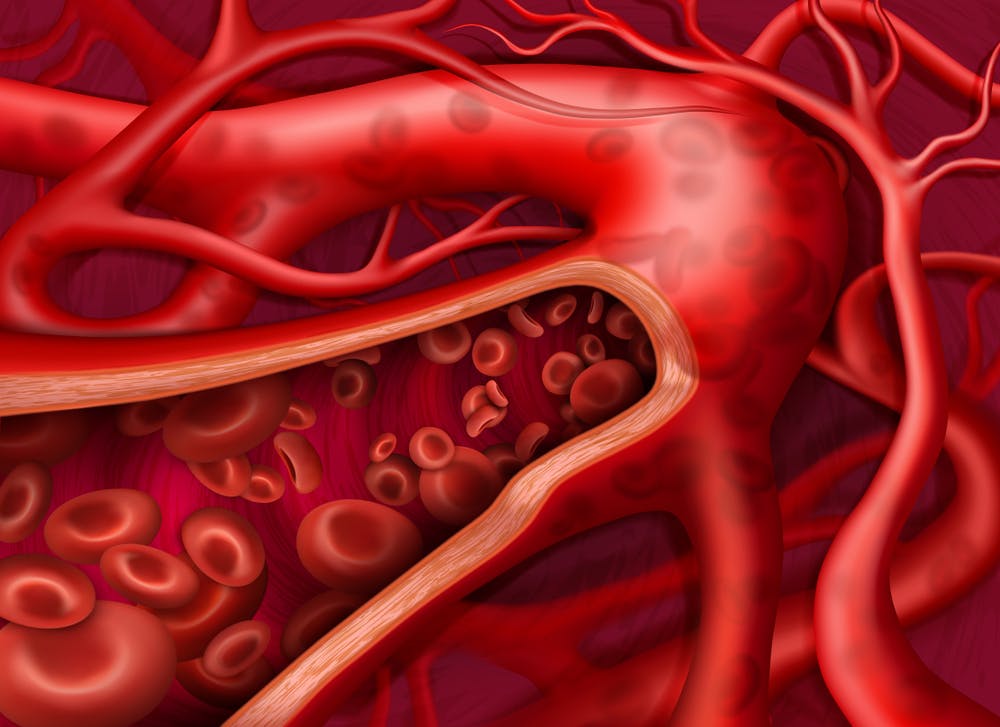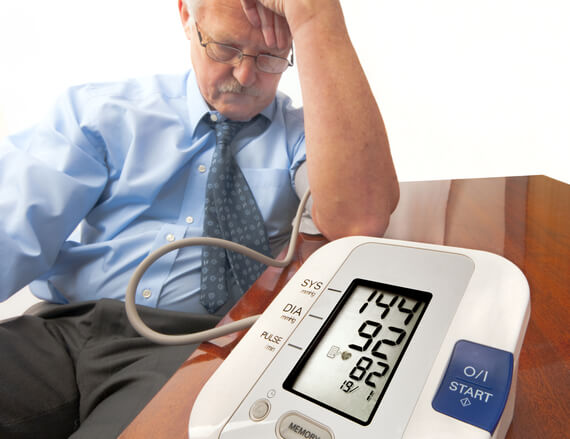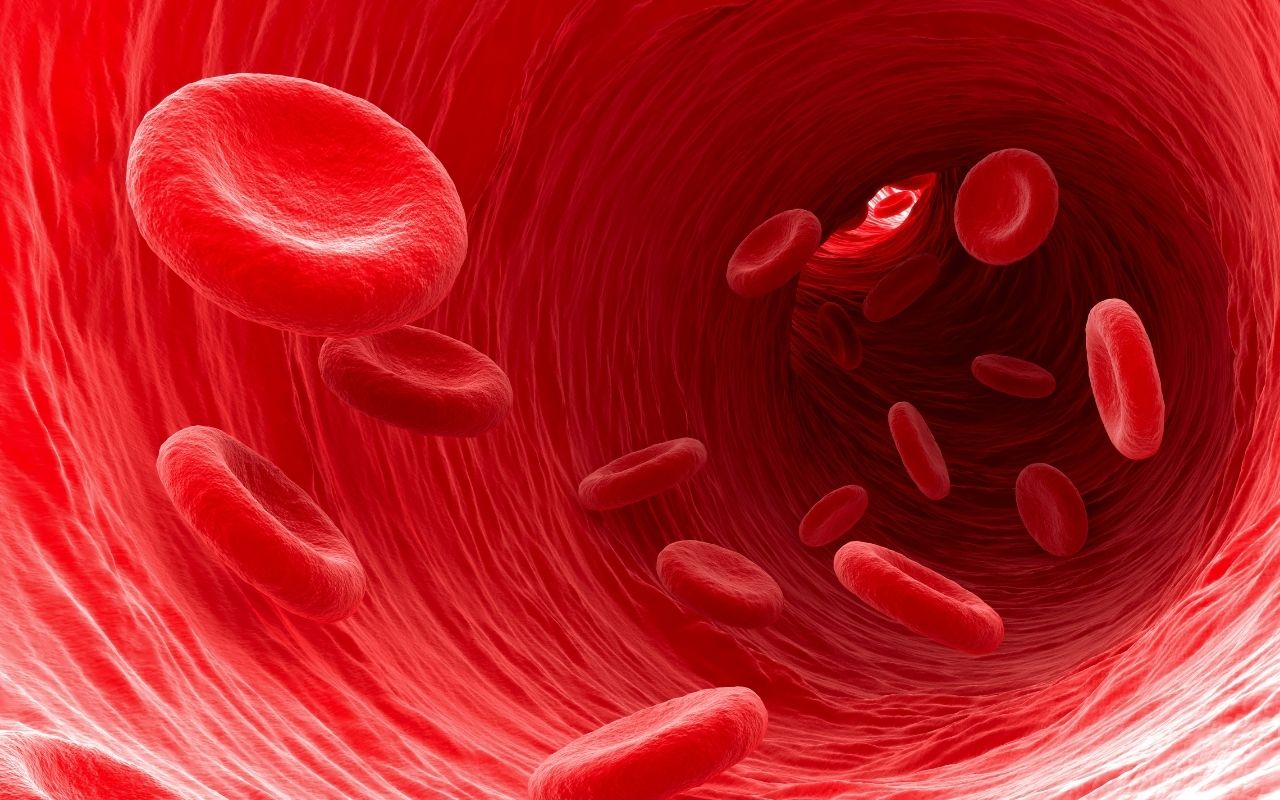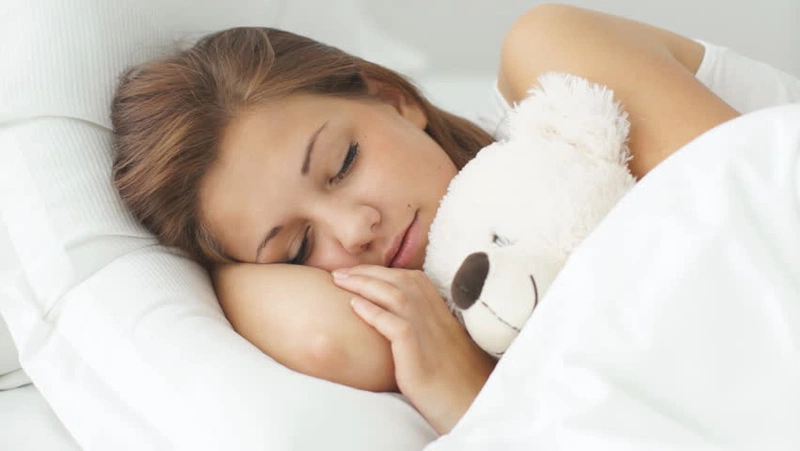According to the World Health Organization, chronic sleep deprivation and consecutive sleepless nights increase the risk of cardiovascular diseases, diabetes, obesity, and depression. Alarmingly, this issue is growing more common among young adults, office workers, night-shift employees, and even the elderly.
Fortunately, you can end sleepless nights with just a few simple lifestyle changes and improved sleep hygiene. Let’s explore how in this guide.
What Are Sleepless Nights and Why Are They Harmful?
What Are Sleepless Nights?
“Sleepless nights” refer to nights when you get little to no sleep (under 3 hours), failing to achieve the deep sleep cycles needed for full-body recovery. It includes:
- Light, fragmented sleep
- Waking up in the middle of the night and being unable to return to sleep
- Staying awake all night and only sleeping at dawn
This pattern may be sporadic or continuous over several days, leading to serious sleep debt.
Consequences of Prolonged Sleeplessness
- Impaired memory and concentration: Sleep is essential for brain function, and its absence severely reduces learning and performance.
- Emotional disturbances: Lack of sleep often causes irritability, sadness, impatience, and can lead to depression.
- Higher risk of cardiovascular disease: It raises blood pressure and disrupts blood vessels, increasing the risk of stroke and heart attack.
- Hormonal imbalance: Disrupted leptin and ghrelin levels can lead to appetite issues and weight gain.
- Weakened immune system: Insufficient sleep lowers your body’s ability to fight illness.
- Accelerated aging: Sleep deprivation reduces collagen production, leading to wrinkles, dull skin, and under-eye circles.
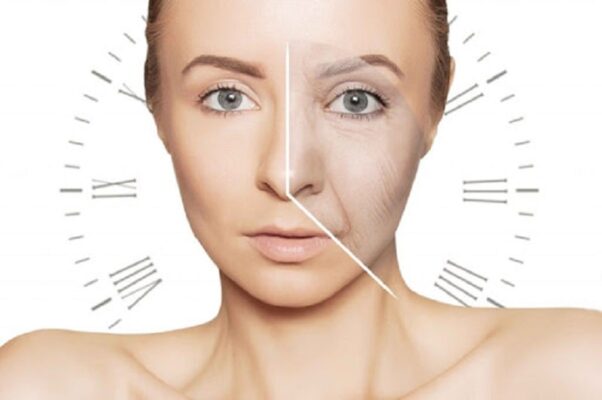
Some harmful effects of prolonged sleeplessness
Common Causes of Sleepless Nights
Sleepless nights are rarely random. They are often the result of a combination of lifestyle, psychological, and physiological factors. Here are the most common culprits:
Chronic Stress and Anxiety
Ongoing stress is a leading cause of insomnia. When you worry about work, relationships, finances, or life pressures, your body activates the sympathetic nervous system, resulting in:
- Increased heart rate and blood pressure
- Overactive brain unable to shut down
- Feelings of restlessness and frequent awakenings
Left unmanaged, this leads to anxiety disorders or depression, both of which are closely linked to chronic insomnia.
Excessive Screen Time Before Bed
Blue light emitted from phones, tablets, and TVs inhibits melatonin production—the hormone that regulates sleep.
Moreover, engaging content (e.g., news, movies, social media) keeps your brain stimulated, making it harder to switch into “sleep mode.”
Consumption of Stimulants in the Afternoon or Evening
Caffeine (in coffee, tea, energy drinks), nicotine, and even alcohol negatively affect sleep:
- Caffeine and nicotine stimulate the nervous system, making it harder to fall asleep
- Alcohol may induce drowsiness initially but disrupts deep sleep, causing night awakenings
- The effects of caffeine can last up to 10 hours, keeping your brain alert long into the night
Irregular Sleep Patterns and Biological Clock Disruption
Our bodies follow a natural circadian rhythm, but if you:
- Stay up late frequently
- Work night shifts
- Nap excessively during the day
- Constantly change your sleep schedule
… you may disrupt hormonal signals (melatonin–cortisol), causing persistent sleep problems and recurring sleepless nights.
Poor Sleep Environment
A bedroom that is too bright, too warm, too noisy, or physically uncomfortable can keep you from falling and staying asleep:
- Low-quality mattresses or pillows can cause physical discomfort
- Light from lamps or digital clocks tricks the brain into thinking it’s still daytime
- Odors or stuffy air can cause unease and poor sleep quality
Poor Evening Eating Habits
Eating too close to bedtime or consuming the wrong foods can disrupt sleep:
- Heavy, spicy, or sugary foods overwork the digestive system and cause bloating or indigestion
- Deficiencies in magnesium, calcium, and vitamin B6 impair the production of serotonin and melatonin
- Late-night meals prevent the liver and stomach from resting, disrupting the natural sleep cycle
Lack of Natural Sunlight
Insufficient exposure to sunlight, especially in the morning, lowers serotonin levels—the precursor to melatonin. This can result in:
- Feeling wide awake at night but sluggish during the day
- Circadian rhythm misalignment
- Greater risk of insomnia for office workers or people in low-light environments
Undiagnosed Health Conditions
Persistent sleeplessness may also be linked to undetected health issues such as:
- Mild depression or anxiety disorders: racing thoughts, nighttime panic, or early awakenings
- Sleep apnea: disrupts deep sleep with frequent unconscious wake-ups
- Hyperthyroidism, diabetes, hormonal imbalances: can cause restlessness, elevated body temperature, and insomnia symptoms
Simple Tips to End Sleepless Nights Naturally
Reset Your Body Clock
- Go to bed and wake up at the same time every day—even on weekends
- Avoid sleeping in too late
- Limit daytime naps to 20–30 minutes
Consistency helps your body reestablish a healthy sleep-wake rhythm.
Create a Bedtime Wind-Down Routine
After 9 PM, start relaxing activities to signal bedtime:
- Turn off electronic devices or use blue light filters
- Read a physical book, take a warm shower
- Meditate or practice deep breathing exercises
Eat for Better Sleep
- Avoid going to bed too full or too hungry
- Cut back on spicy, greasy, or sugary foods after 5 PM
- Incorporate sleep-promoting foods like oats, bananas, warm milk, walnuts, and herbal teas (chamomile, lotus seed)
Optimize Your Sleep Environment
- Keep your bedroom dark, quiet, and cool (ideally 22–26°C)
- Use blackout curtains, white noise machines, or earplugs if needed
- Choose supportive mattresses and pillows for maximum comfort
Move Your Body During the Day
- Light physical activity like walking, yoga, or stretching boosts circulation and balances hormones
- Avoid intense cardio or gym workouts after 7 PM, which may overstimulate the body
Offload Mental Clutter
If your mind races at night, write down your thoughts or tasks for the next day. This “brain dump” frees your mind and helps it relax.

Taking notes helps the brain “free up working memory” and rest peacefully, preventing sleepless nights.
When to Seek Medical Help
You should consult a healthcare provider if you:
- Experience sleepless nights for multiple days in a row
- Suffer from persistent insomnia for over a month
- Wake up frequently and struggle to fall back asleep
- Have nightmares, nighttime anxiety, or panic attacks
- Feel excessively tired or drained during the day
Sleep disorders may be a symptom of hormone imbalances, mental health issues, or other medical conditions requiring professional treatment.
Sleepless nights are not just inconvenient—they’re a warning sign that your nervous, hormonal, or emotional systems are out of balance. Ignoring them can gradually erode your quality of life, productivity, and long-term health.
Start treating sleep as a vital part of your well-being, not a luxury. With just a few lifestyle adjustments—like regulating bedtime, eating mindfully, and creating a restful environment—you can quickly break free from sleepless nights and wake up to mornings filled with clarity and energy.

